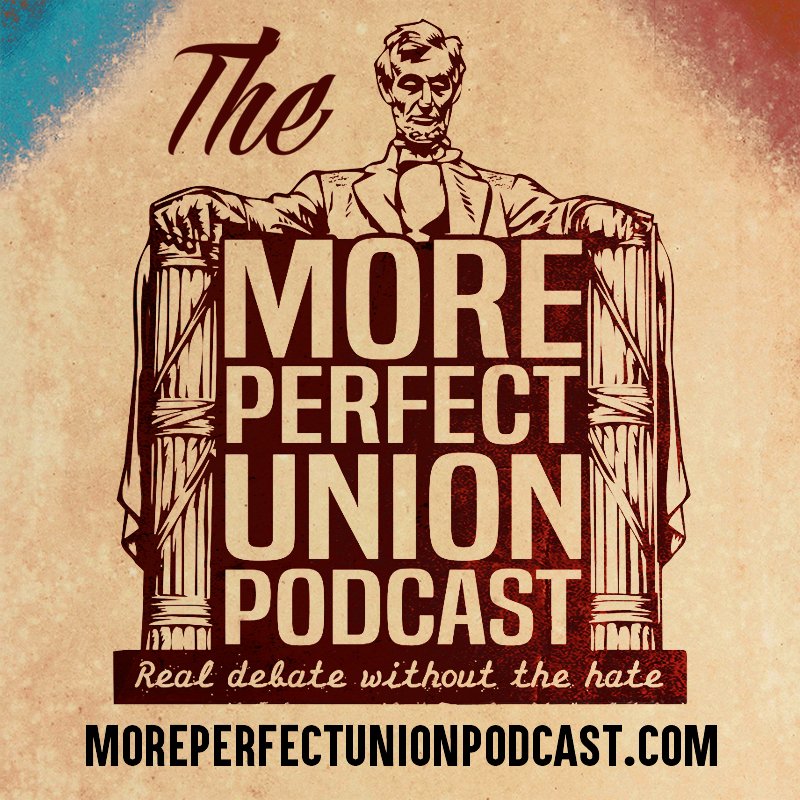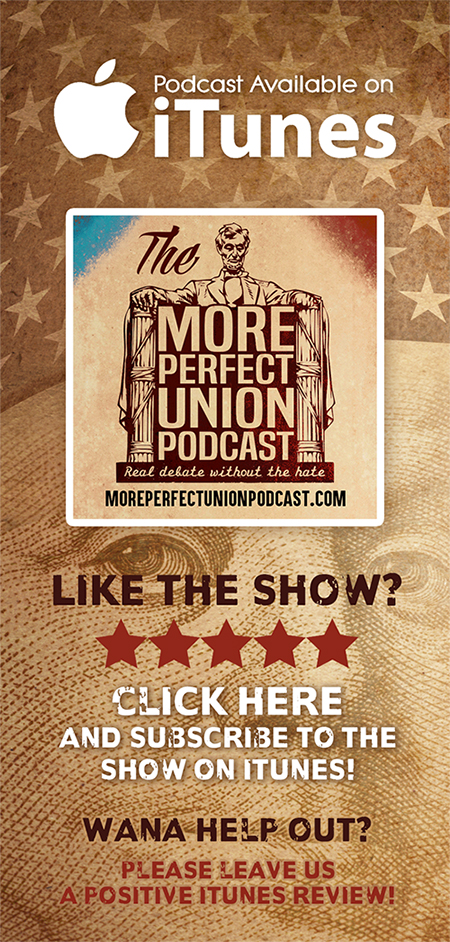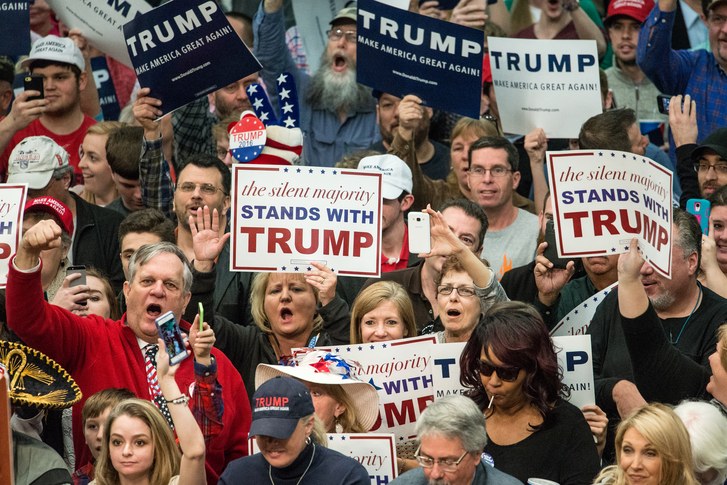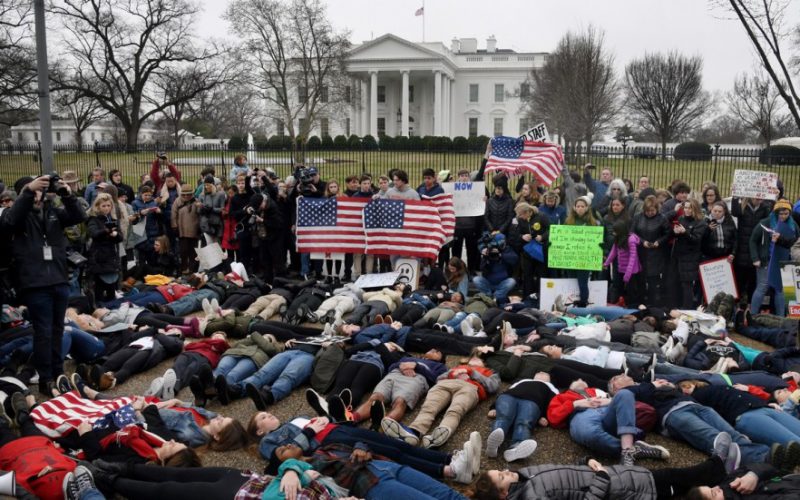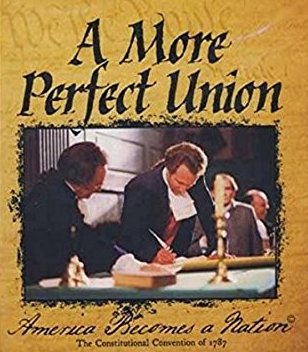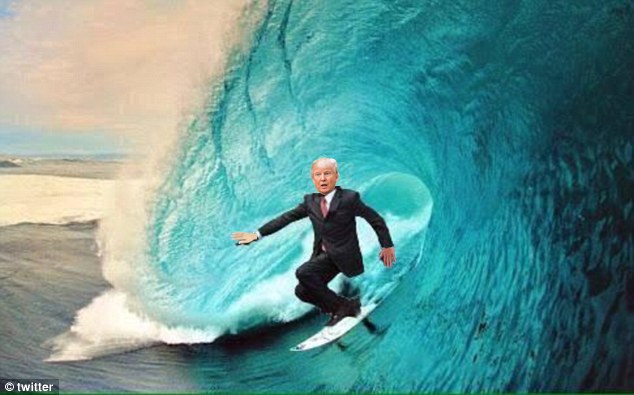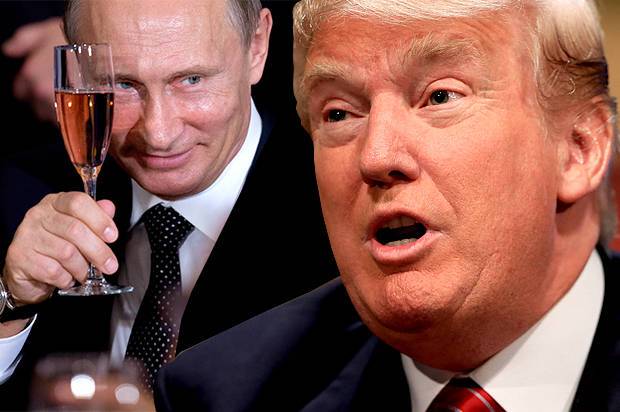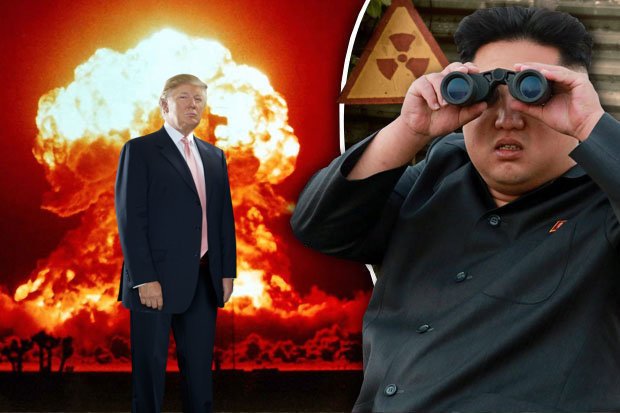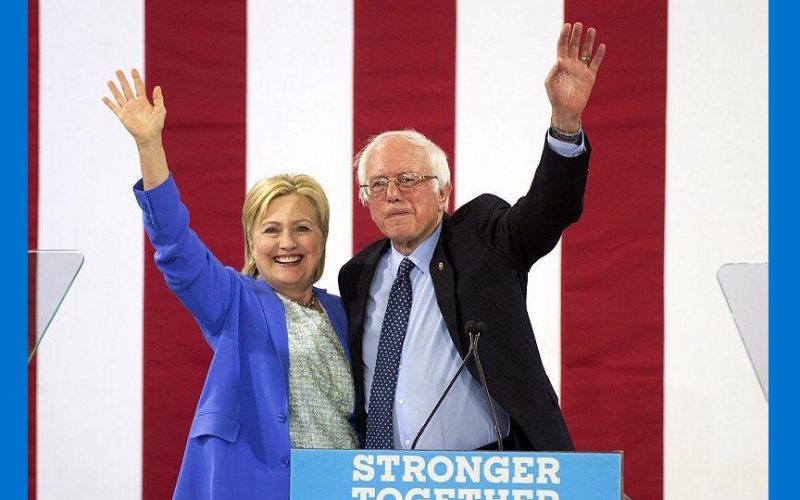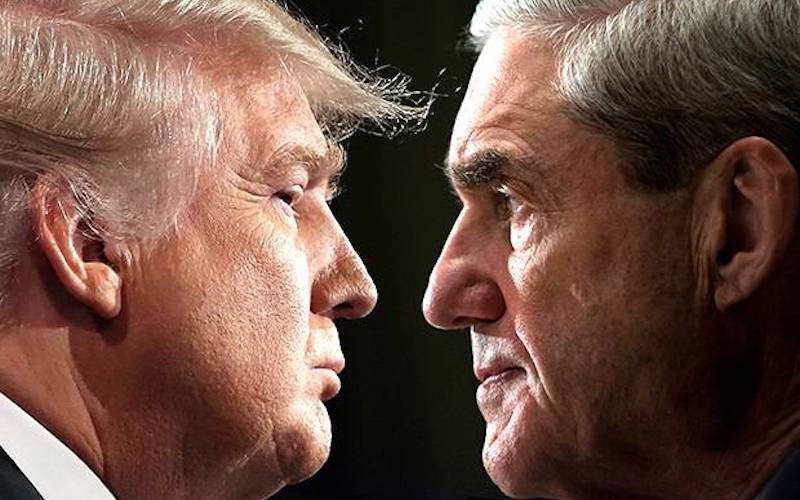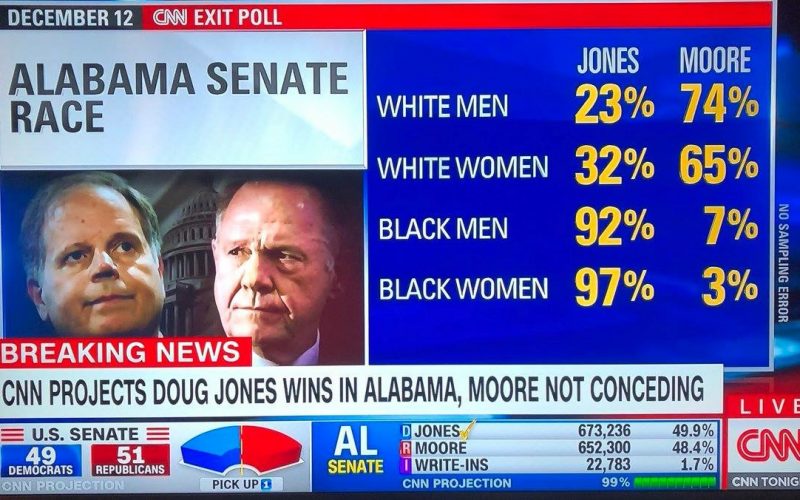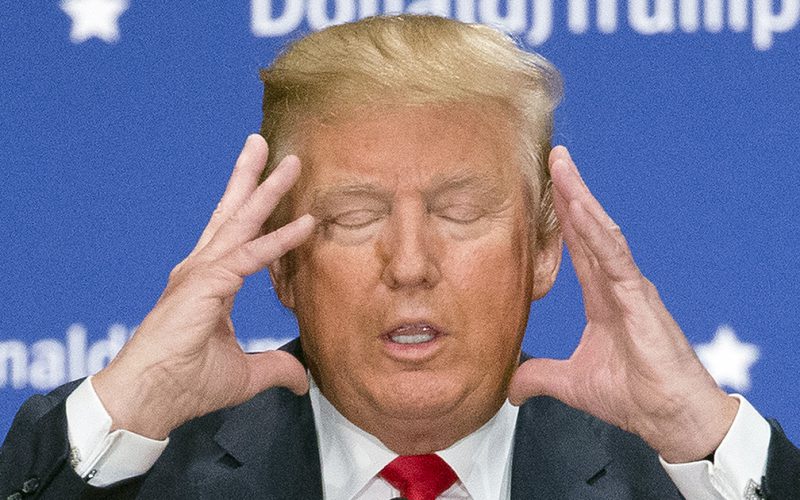by Kevin Kelton
The other day on MSNBC’s “The Beat with Ari Melber,” HuffPost Editorial Director Howard Fineman said that he doesn’t think Special Counsel Robert Mueller will be able to make a case for obstruction of justice against the president, but he does think Mueller has a strong case for collusion. One hour later on the same network, former RNC Chairman Michael Steele told Chris Matthews that he doesn’t think Mueller can make a case for collusion, but does have strong one for obstruction.
Two knowledgeable political experts, two opposite opinions.
The truth is that when it comes to the Trump-Russia investigation, no one but Mueller and his top deputies knows anything. Not you, not me, not the TV experts. Yet Facebookers on both sides of the partisan seesaw keep spouting nonsense about it with absolute certainty.
One of my favorite silly talking points is, “Collusion is not a crime.” This comment is laughable for its utter lack of legal context. It’s true, if you and I collude to get the best price on a used car, that is not a crime. But if we collude to steal the car, it is. Collusion to commit a crime is called “conspiracy,” and yes, it’s very much against the law. Don’t believe me? See here and here.
Another ludicrous argument is, “There isn’t one shred of evidence supporting collusion.” Actually, there’s a whole bunch. First, you have the Don Jr. June 9 Trump Tower meeting, which was shown in texts to be about meeting with Russian nationals to get and use stolen Hillary Clinton emails with the express goal of changing the outcome of a U.S. presidential election. Second, you have the candidate himself asking Russia on national television to hack (i.e., steal) and publish private citizens’ emails with the express intent of affecting the outcome of the election. He even promised a quid pro quo by saying, “I think you will probably be rewarded mightily by our press.”
Think of it this way: a man involved in a contentious divorce goes into a crowded restaurant and says for everyone to hear, “I’m urging someone to break my ex-wife’s legs. I think you’ll be rewarded mightily for it.” A few days later his wife turns up beaten with a broken leg and broken arm. Don’t you think that is evidence of his complicity in the act? It may not be enough to convict him by itself, but along with other evidence it creates a powerful argument for his guilt.
On the liberal side, my favorite gibberish is that Trump’s cabinet may soon invoke the 25th Amendment. Think about it. Let’s just say for a moment that someone, say Rex Tillerson, was secretly considering it. Who would he whisper it to? Ben Carson? Betsy DeVos? Steve Mnuchin? Sonny Perdue? Wilber Ross? Every one of them would run to the Oval Office to report the traitor in a heartbeat. Go find me four Trump Cabinet appointees you think would support this kind of unprecedented American coup d’état, let alone eight. It’s preposterous. Trump is ready to jail Hillary Clinton for her purported crimes against America. What do you think he’d do to a handful of treasonous ex-Cabinet plotters?
But I think my favorite argument is, “Who cares if Russia stole the DNC emails? Isn’t the content of what’s in them more important?” The simple answer is, no.
Because an election campaign should be based on relatively equal transparency, especially where private material is concerned. If I can see and review one candidate’s tax returns, I should be able to see and review the others’. If I can get my hands on one candidate’s medical records, I should get them for both. If I can view one candidate’s criminal conviction record, it’s only fair to make the other’s public as well. Judging one candidate on personal information that the other one doesn’t have to release is fundamentally unfair.
So to have the DNC emails purloined and published without releasing the RNC’s emails as well was an inequitable prejudice against Clinton. Had the RNC emails also been leaked, we most likely would have seen just as much dirt and ugliness in the Republican primary race as we saw in the Democrats’. (Which, frankly, wasn’t really all that bad.)
And by the way, for those who don’t know history, the Watergate break-in was about stealing the DNC’s private files. It doesn’t matter what’s in them; if you steal private campaign information and use it you are breaking the law. In the electronic age, it’s called Data Theft and it’s prohibited by several state and federal statues.
But maybe the most delicious irony of The Russia Show is that everyone who used to detest James Comey now adore him, and everyone who used to adore him now thinks he’s a conniving, lying enemy of the state.
What is true is that the Trump-Russia investigation has become catnip Facebook groups like Open Fire. Like any good TV soap opera, everyone has their favorite villain and plenty of theories as to how it will all end.
What’s your favorite talking point about Trump, Mueller, Comey, and Russia?
